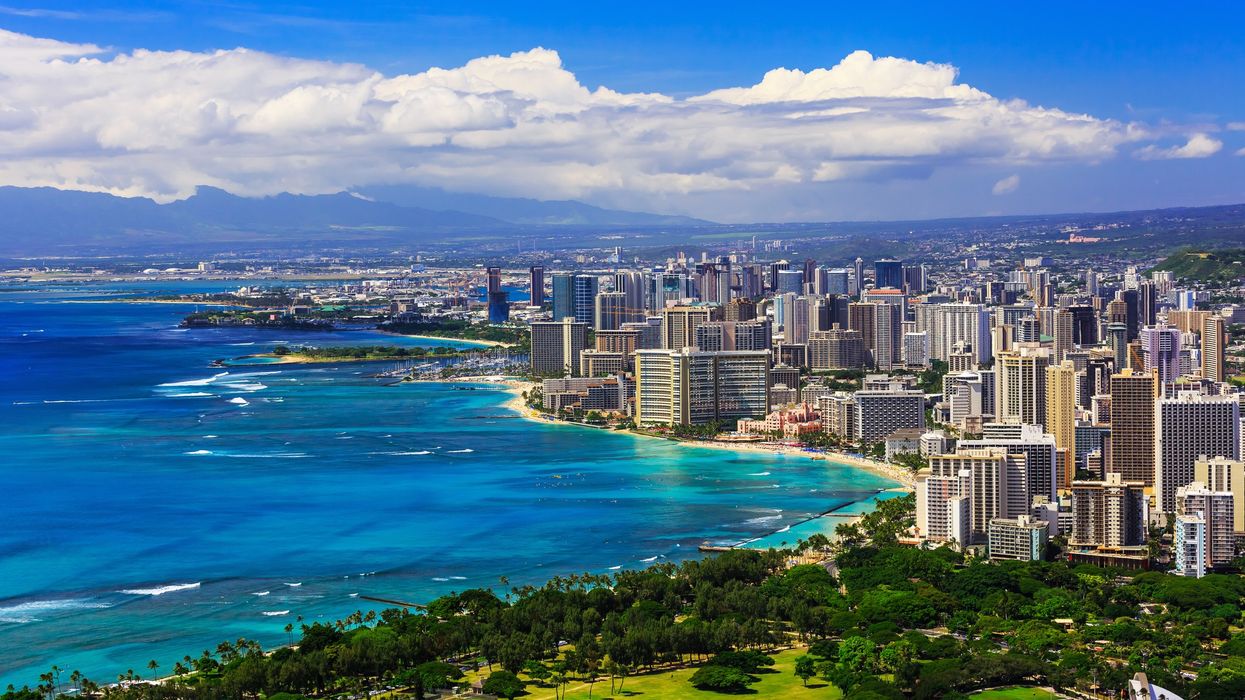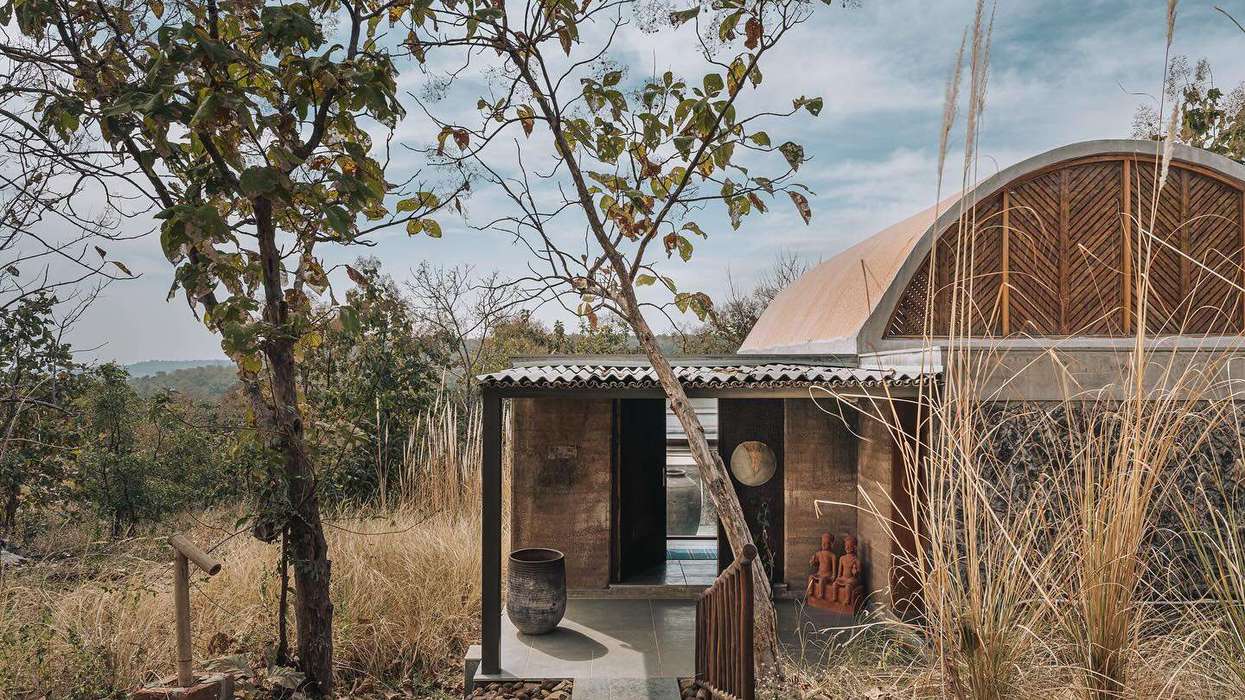HAWAII LAWMAKERS RECENTLY passed a bill adding a 0.75 percent levy to the state’s lodging tax to fund environmental protection and climate resilience, according to The Associated Press. The surcharge applies to hotel rooms, timeshares, vacation rentals and other short-term stays.
Gov. Josh Green also supports the bill and plans to sign it.
“The more you cultivate good environmental policy and invest in perfecting our lived space, the more likely we are to have lifelong, committed travelers to Hawaii,” he told the AP.
This is the nation’s first state lodging tax aimed at funding environmental protection and climate change efforts, the AP reported, citing experts. Officials estimate the tax will generate nearly $100 million annually, funding projects such as replenishing eroding Waikiki beaches, promoting hurricane roof clips and clearing flammable invasive grasses like those that fueled the 2023 Lahaina wildfire.
The state’s House and Senate, both controlled by Democrats, passed the measure by wide margins.
Hawaii currently levies a 10.25 percent tax on short-term rentals, which will rise to 11 percent as of Jan. 1, the report said. Hawaii’s counties charge a separate 3 percent lodging tax, and travelers must also pay a 4.712 percent general excise tax on most goods and services. The total tax at checkout will increase to 18.712 percent, among the highest in the nation.
Green said people have told him the increase is small enough to go unnoticed, according to the AP. He noted that many visitors come to Hawaii to enjoy its environment and predicted they will support funding for shoreline and community protection.
The first draft of the legislation proposed a larger increase, but lawmakers pared it back, according to the AP.
“We heard concerns about sustaining our industry while finding new resources for environmental sustainability,” said Democratic Rep. Linda Ichiyama, vice speaker of the House. “It was a balance.”
John Pele, executive director of the Maui Hotel and Lodging Association, said there’s broad agreement that the funds will support a good cause, but he questions whether Hawaii will become too expensive for visitors.
“Will we be taxing tourists out of wanting to come here?” he asked. “That remains to be seen.”
Meanwhile, the U.S. House passed the bipartisan Hotel Fees Transparency Act of 2025 on April 28, requiring hotels and short-term rentals to disclose total upfront costs.






